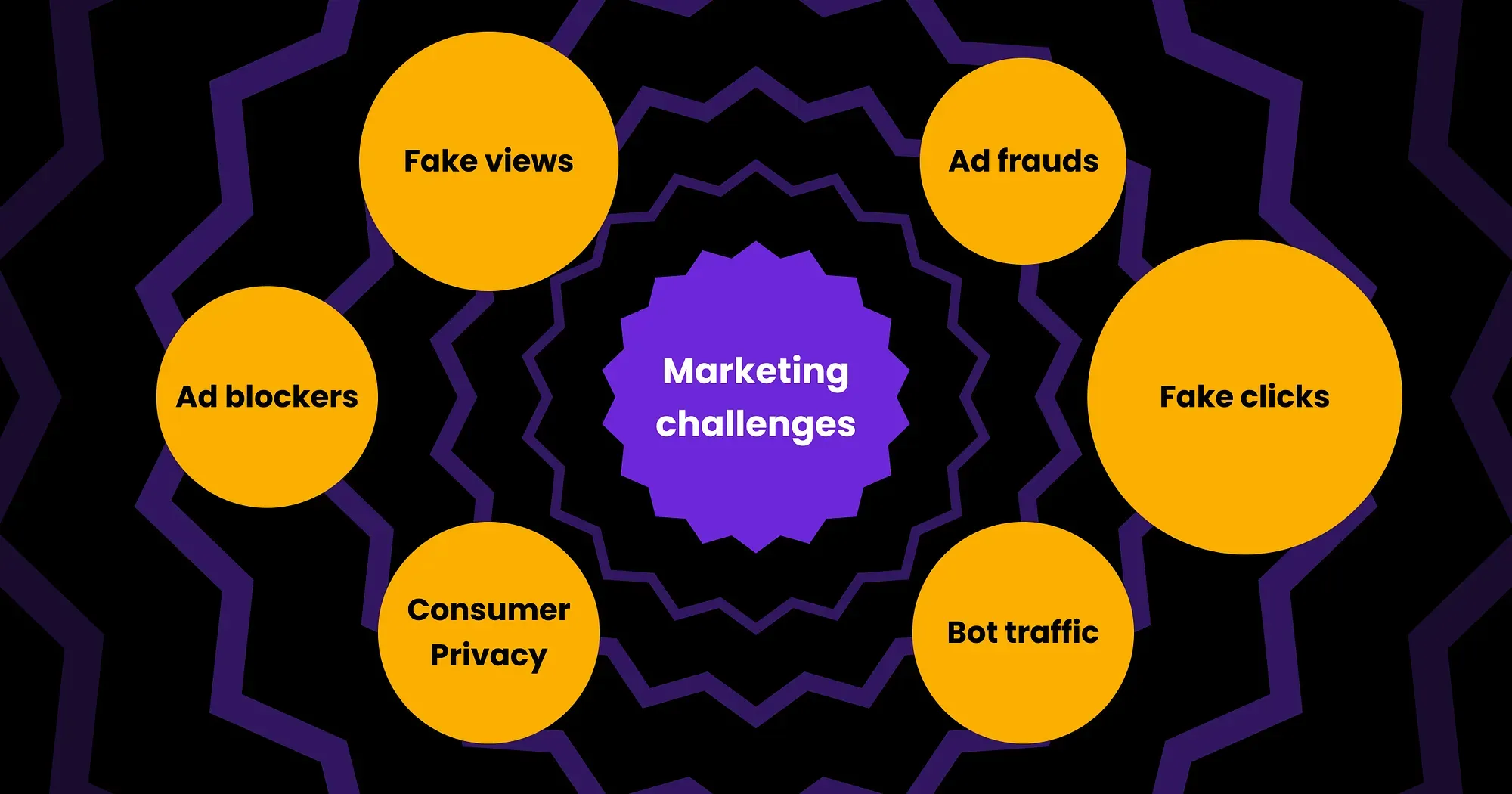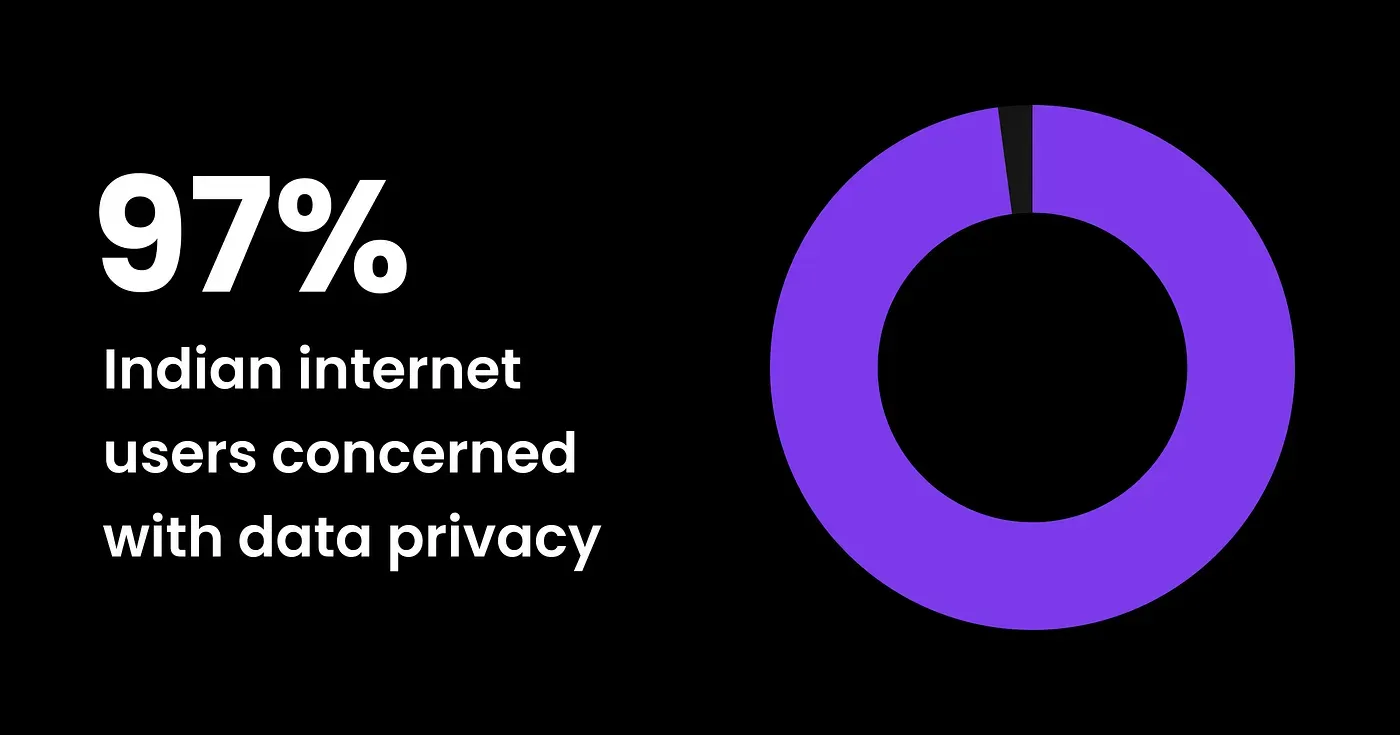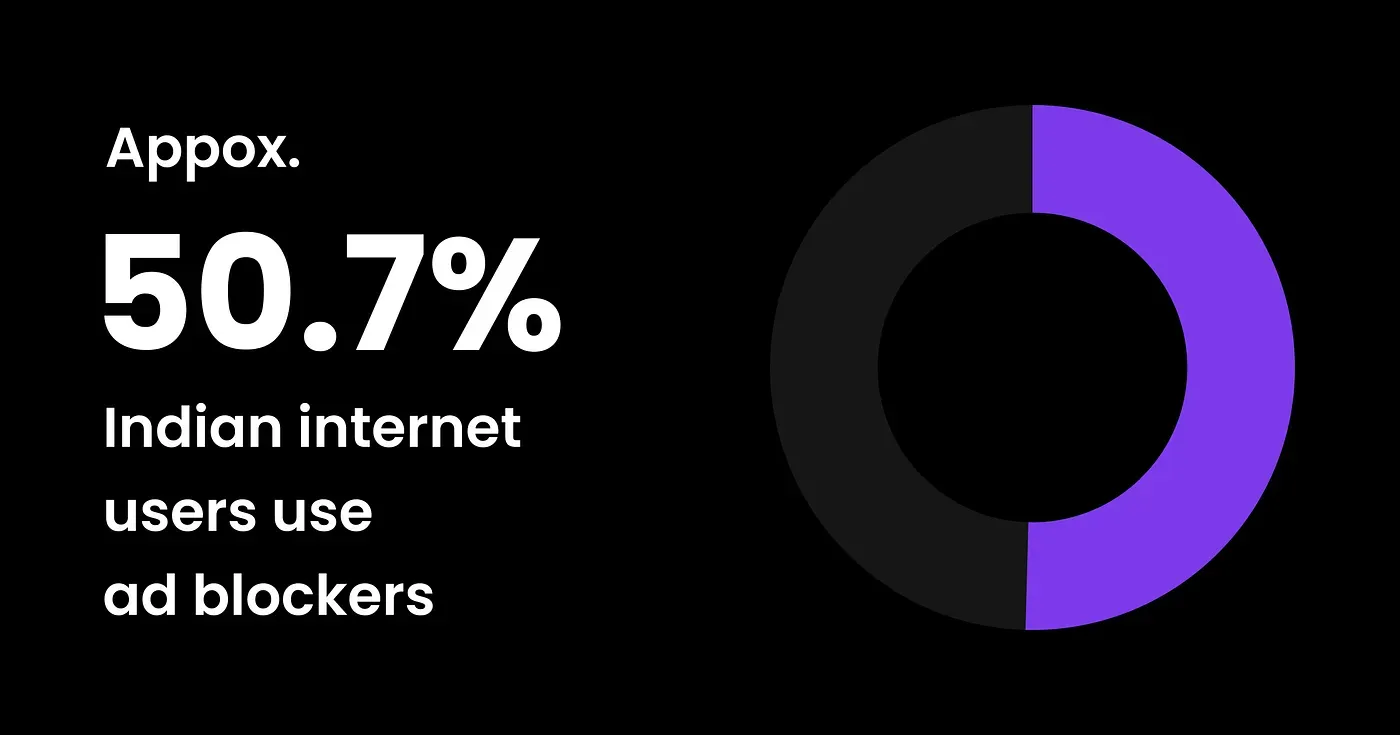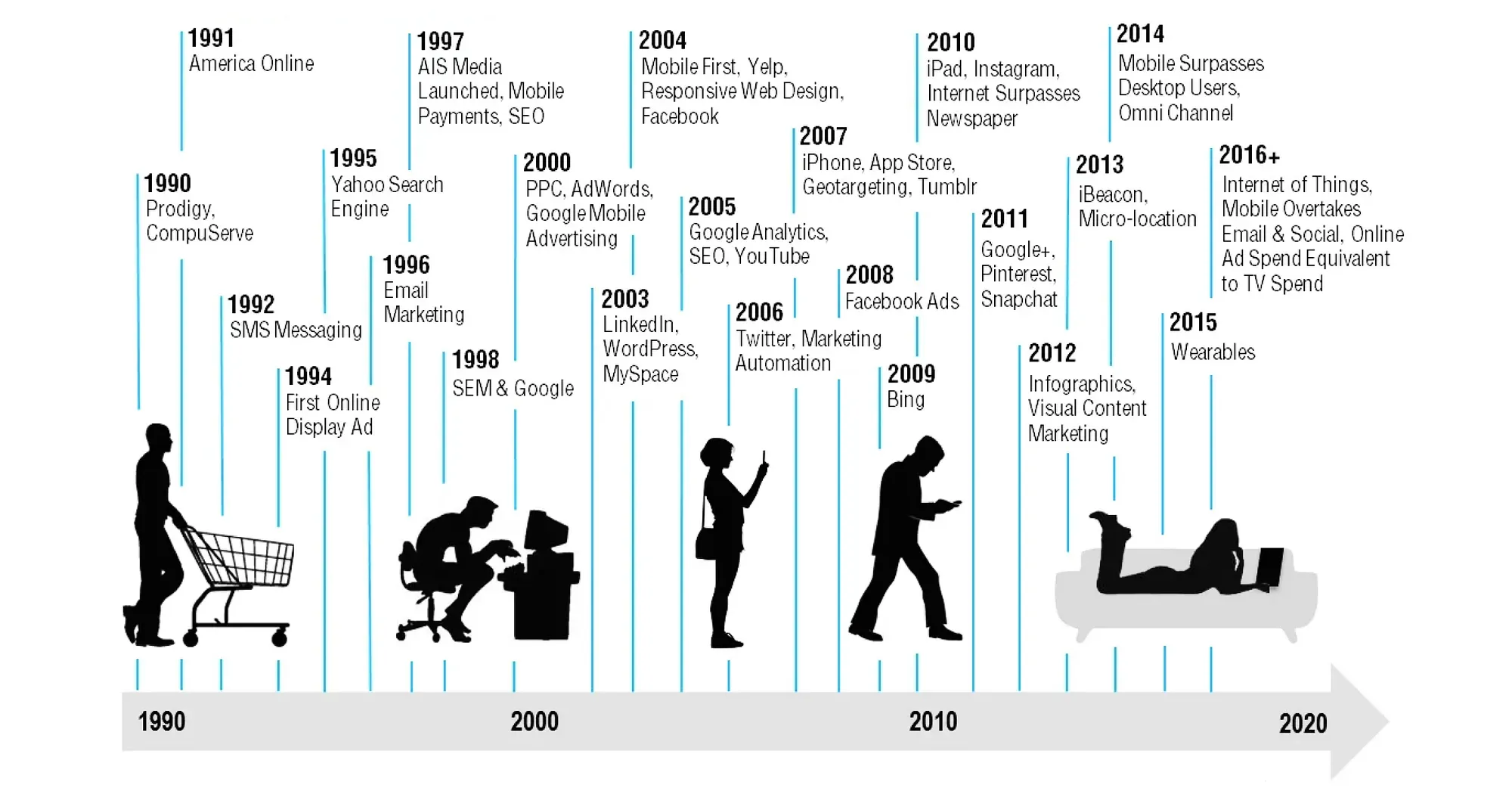The Future of Digital Advertising: Challenges, Trends, and Innovative Solutions
In the rapidly changing world of digital advertising, brands face evolving challenges driven by tech innovations and shifting consumer behavior. Companies like hypergro.ai are pioneering solutions to address these challenges, ensuring brands remain ahead of the curve. Gripping these challenges, adapting strategies, and staying abreast of future trends is essential.

The digital advertising landscape is not without its challenges. Advertisers and marketers face various obstacles in their quest to effectively reach and engage their target audiences. Understanding these challenges is essential for developing strategies to overcome them. Here are some of the key challenges in the digital advertising landscape:
Ad Fraud and Viewability Issues
Ad fraud remains a significant challenge in digital advertising. This includes fraudulent activities such as fake clicks, bot traffic, and misleading metrics, which can undermine the integrity and effectiveness of advertising campaigns. Additionally, ensuring ad viewability, i.e., ads being seen by real users, is crucial for maximizing ad impact and return on investment. Ensuring ads are viewed by genuine users maximizes ROI.
Rising Popularity of Ad Blockers
The rise of ad blockers presents a challenge for advertisers. Many internet users employ ad-blocking software to avoid intrusive or irrelevant ads, which impacts the visibility and reach of ads. Advertisers must focus on creating non-intrusive, engaging, and valuable ad experiences that align with user preferences to address this challenge.
Consumer Privacy and Data Protection
Heightened awareness of data privacy and the increasing implementation of data protection regulations (e.g., GDPR) pose challenges for advertisers. Advertisers must navigate the complexities of obtaining consent, handling user data responsibly, and ensuring compliance with privacy regulations while still delivering personalized and targeted ads.


Companies like hypergro.ai are offering state-of-the-art tools to manage consumer data responsibly and ensure advertising campaigns remain compliant and effective.
Strategies for Effective Digital Advertising
Personalization and customization of ad campaigns:
Digital advertising allows for precise targeting and personalized messaging. By leveraging user data and insights, advertisers can create highly relevant and customized ad campaigns. Tailoring ads to specific audience segments based on demographics, interests, and behavior increases the chances of capturing their attention and driving desired actions.
Influencer marketing and collaborative brand partnerships:
Influencer marketing has become a powerful strategy for reaching niche audiences and building credibility. Partnering with relevant influencers allows brands to tap into their engaged and loyal followers, benefiting from their influence and authenticity. Collaborative brand partnerships can also provide opportunities for cross-promotion and reaching new audiences.
User-generated content and social proof:
User-generated content (UGC) has gained significant traction as a strategy for effective digital advertising. Encouraging users to create and share content related to a brand or product can foster a sense of authenticity and social proof. UGC helps build trust, engages users, and amplifies brand reach through the power of user recommendations.
Cross-channel integration and consistency:
Digital advertising often spans multiple channels and platforms. To create a cohesive brand experience, it is crucial to maintain consistency across all touchpoints. This includes maintaining consistent messaging, visual branding, and user experiences across websites, social media platforms, mobile apps, and other digital channels.
The Future of Digital Advertising

The digital advertising landscape is ever-evolving, driven by advancements in technology and shifts in consumer behavior. Looking ahead, several trends and innovations are shaping the future of digital advertising. Here is a short note on what the future holds for digital advertising:
Artificial Intelligence (AI) and machine learning:
AI and machine learning technologies are poised to play a significant role in the future of digital advertising. AI-powered algorithms can analyze vast amounts of data, enabling more accurate targeting, personalization, and real-time optimization of ad campaigns. Machine learning algorithms can also enhance ad creativity by generating dynamic and customized content tailored to individual users.
Augmented Reality (AR) and Virtual Reality (VR) experiences:
AR and VR technologies are set to revolutionize digital advertising by providing immersive and interactive experiences. Advertisers can leverage AR and VR to create engaging, lifelike brand experiences, allowing users to virtually try products, explore virtual showrooms, or participate in gamified interactions. These technologies have the potential to enhance user engagement and drive deeper brand connections.
Data-driven personalization and hyper-targeting:
Personalization will continue to be a key focus in the future of digital advertising. Advanced data analytics and consumer insights will allow advertisers to deliver highly targeted and relevant ads tailored to individual preferences, interests, and behaviors. Hyper-targeting strategies will enable advertisers to reach specific micro-segments, ensuring precise messaging and improved ad performance.
Ethical considerations and transparency:
As data privacy concerns grow, the future of digital advertising will involve a greater emphasis on ethical considerations and transparency. Advertisers will need to prioritize consumer consent, respect user privacy, and ensure responsible data handling practices. Transparency in ad delivery, data usage, and ad tracking will be crucial for building trust with consumers.
Integration of voice-activated devices and voice search advertising:
The rise of voice-activated devices and voice assistants will shape the future of digital advertising. Advertisers will need to optimize their strategies to align with voice search behavior and deliver ads tailored for voice interactions. Voice search advertising will offer new opportunities to engage users in conversational marketing and capture their attention in a voice-activated era.
Cross-channel integration and seamless experiences:
Digital advertising will continue to span multiple channels, platforms, and devices. The future will see an increased focus on delivering seamless and integrated experiences across various touchpoints. Advertisers will need to ensure consistent messaging, visual branding, and user experiences across websites, social media, mobile apps, connected devices, and emerging digital platforms.
Contextual advertising and real-time relevance:
Contextual advertising, where ads are aligned with relevant content or user contexts, will gain importance in the future. Advertisers will leverage real-time data and contextual cues to deliver ads that align with user interests, current activities, or environmental factors. This strategy will enhance relevancy and improve user engagement.
The digital advertising landscape is undergoing a revolutionary transformation, driven by advanced technologies like AI, AR, and VR. These tools are setting the stage for more personalized and immersive advertising experiences. Coupled with the vast reach and real-time analytics of the internet, advertisers have an unparalleled platform to engage their target audiences. Yet, the digital age brings its own set of challenges, including ad fraud, ad blockers, and rising privacy concerns.
Brands that work with innovative solutions like hypergro.ai can ensure they are making the most of the digital advertising landscape, addressing its challenges, and harnessing its vast potential. The future is bright for brands that can adapt and innovate in this dynamic realm.
 Accelerator - India's top 20 AI startups
Accelerator - India's top 20 AI startups